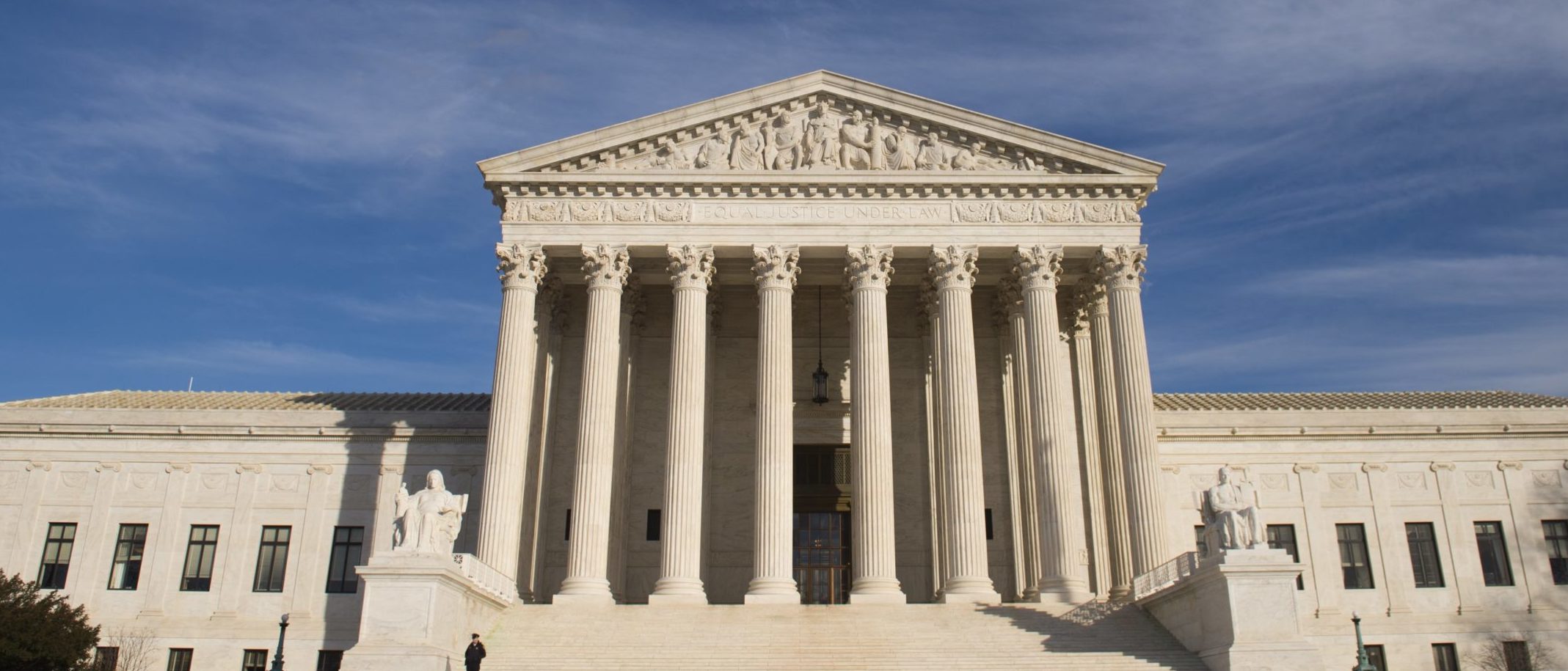The Supreme Court unanimously sided with tech companies Thursday in two cases that charged them with “aiding and abetting” terrorism, declining to address a heated question on the extent of immunity granted to social media platforms for content hosted on their website.
Justice Clarence Thomas authored the majority opinion in Twitter v. Taamneh, a lawsuit brought by the family of a Jordanian citizen, Nawras Alassaf, who was killed in the January 2017 ISIS attack at the Reina nightclub in Istanbul, Turkey. Thomas wrote that “plaintiffs’ allegations are insufficient to establish that these defendants aided and abetted ISIS in carrying out the relevant attack.”
In light of their decision in Twitter v. Taamneh, the Court “decline[d] to address” the application of Section 230 of the Communications Decency Act of 1996, which was specifically challenged in the other case, Gonzalez v. Google, brought by the family of a 23-year-old American student killed in a 2015 ISIS terrorist attack at a Paris bistro.
“Instead, we vacate the judgment below and remand the case for the Ninth Circuit to consider plaintiffs’ complaint in light of our decision in Twitter,” they wrote. (RELATED: EXCLUSIVE: GOP Senators Introduce Legislation To End Government Collusion With Big Tech)

The US Supreme Court is seen in Washington, DC, on January 31, 2017. – President Donald Trump was poised Tuesday to unveil his pick for the US Supreme Court, a crucial appointment that could tilt the bench to conservatives on deeply divisive issues such as abortion and gun control. Trump’s choice aims to fill a vacancy left by the sudden death of conservative justice Antonin Scalia in February 2016, which left the highest US court with four conservative and four liberal justices. (SAUL LOEB/AFP via Getty Images)
The family alleged that YouTube “aided and abetted” in the attack because its algorithm allowed the targeted recommendations of ISIS videos designed to recruit and radicalize members. The Court was asked to consider whether Section 230 of the Communications Decency Act of 1996, which shields online platforms from being held liable as the speaker of third-party content hosted on their websites while allowing them to restrict “objectionable” material, gave Google immunity for its algorithm’s recommendations.
During oral arguments for Gonzalez v. Google, justices appeared hesitant to issue a ruling on Section 230 when Congress had not yet addressed gaps in the law. “We’re not the nine greatest experts on the internet,” Justice Elena Kagan said.
Justice Amy Coney Barret had also hinted that the Court may not need to rule on Section 230 if they decided Twitter had not aided and abetted in terrorism in the other case.
All content created by the Daily Caller News Foundation, an independent and nonpartisan newswire service, is available without charge to any legitimate news publisher that can provide a large audience. All republished articles must include our logo, our reporter’s byline and their DCNF affiliation. For any questions about our guidelines or partnering with us, please contact licensing@dailycallernewsfoundation.org.


